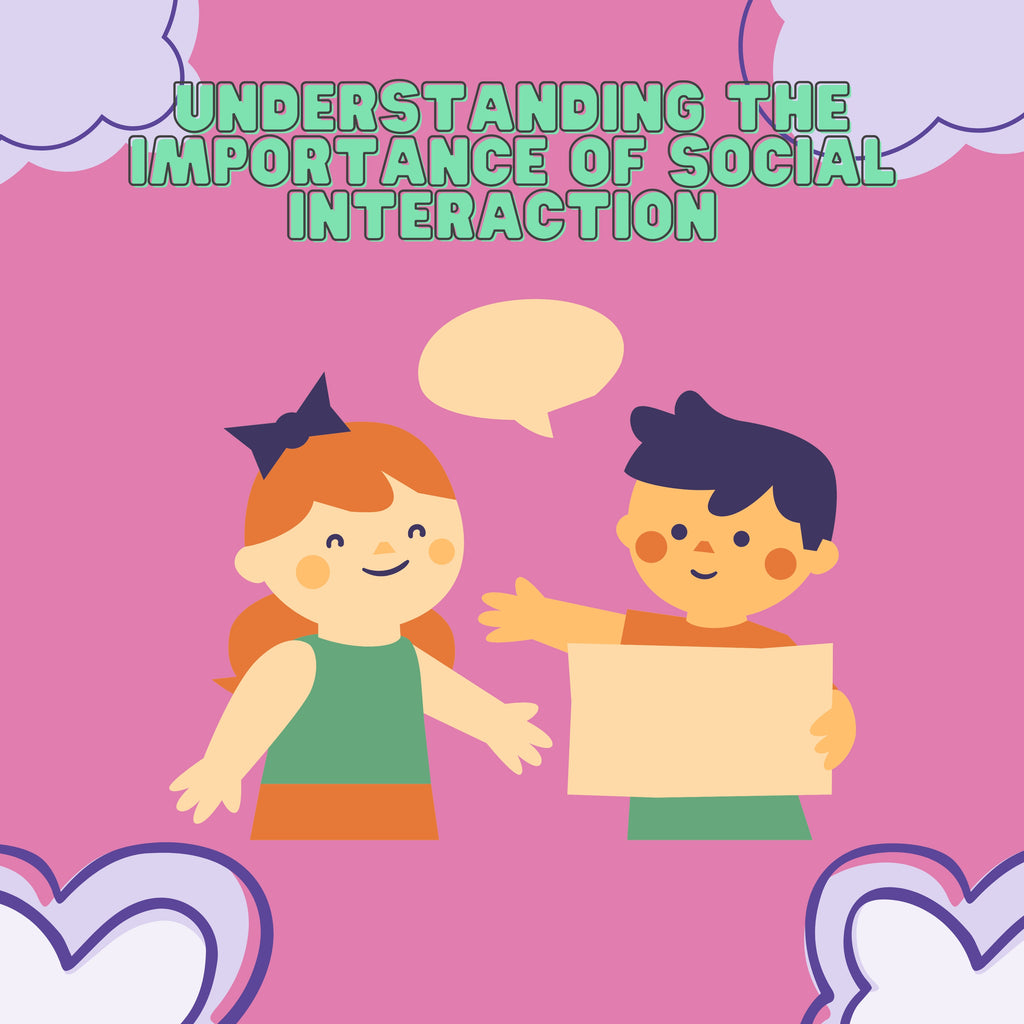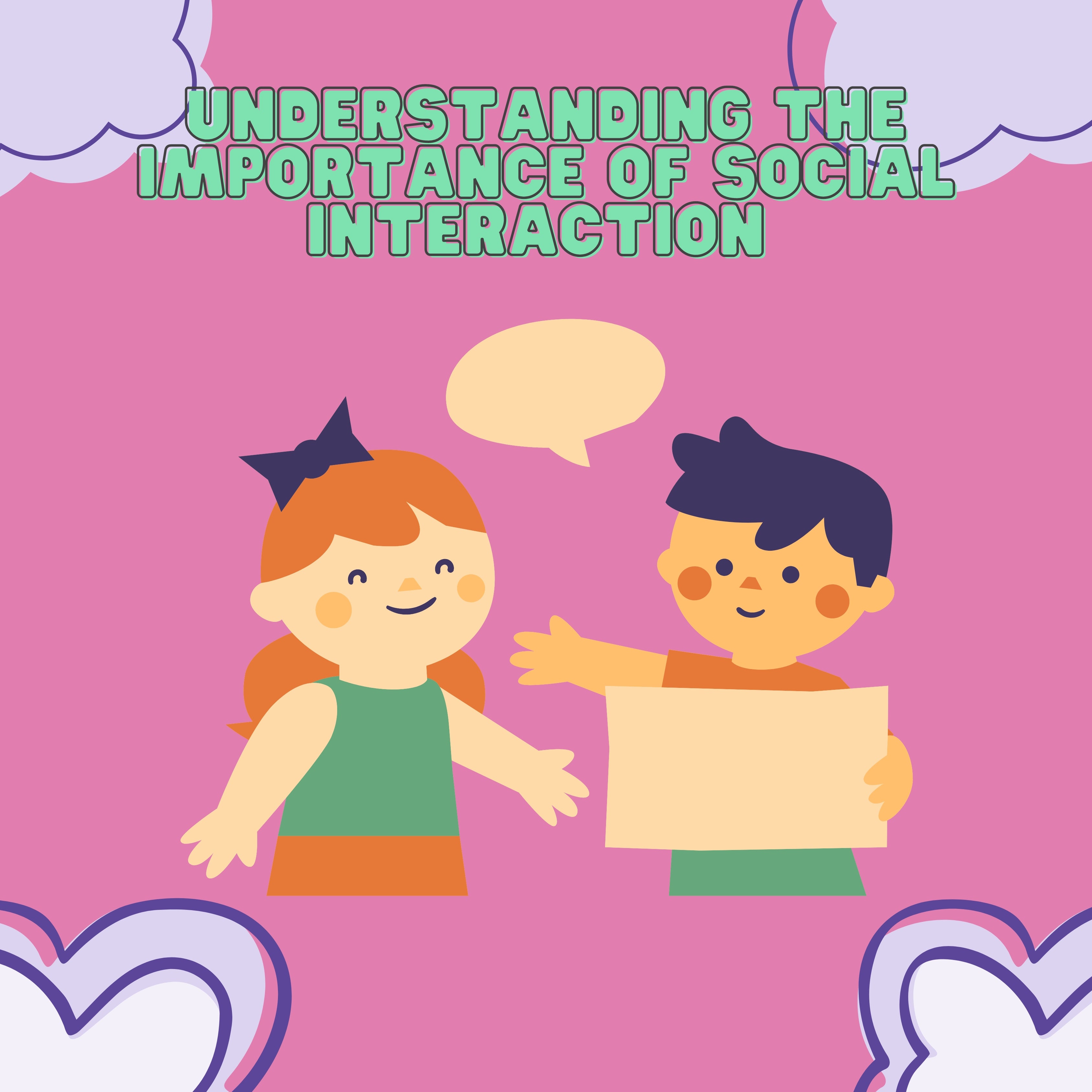
Social interaction plays a crucial role in the development and well-being of individuals, including those with autism. Although autistic individuals may face challenges in social situations, it is essential to understand and support their unique needs. This article aims to provide a comprehensive understanding of the importance of social interaction for autistic children and individuals. By promoting empathy, patience, and inclusivity, we can create a supportive environment that encourages the development of social skills in autistic individuals.
Autism and Social Skills
Autistic individuals often struggle with social skills, making it difficult to form and maintain relationships. However, it is crucial to debunk the misconception that autistic individuals are anti-social or uninterested in social interaction. In reality, they often desire social connection but may face challenges in understanding others or being understood.
The Importance of Social Skills for Autistic Individuals
Social skills are essential for everyone, including autistic individuals. By developing social skills, autistic individuals can experience numerous benefits, including:
1. Building Relationships and Connections
Developing social skills enables autistic individuals to form meaningful relationships and connect with others. Friendships and social connections contribute to overall well-being, providing a support system and a sense of belonging.
2. Enhancing Communication and Expressive Abilities
Improving social skills enhances communication and expressive abilities. Autistic individuals who develop social skills can effectively express their thoughts, needs, and emotions, leading to improved self-advocacy and independence.
3. Promoting Emotional Intelligence
Social skills include understanding emotions, both one's own and those of others. By developing emotional intelligence, autistic individuals can navigate social situations with empathy, understanding, and respect.
4. Fostering Independence and Self-Confidence
Social skills empower autistic individuals to navigate various social settings independently, boosting their self-confidence and self-esteem. Developing these skills allows them to participate more fully in community activities and pursue personal goals.
Strategies to Encourage Social Interaction and Develop Social Skills
Supporting autistic individuals in developing social skills requires patience, understanding, and tailored interventions. Here are some strategies that can help facilitate social interaction and skill development:
1. Create Opportunities for Social Interaction
Encourage social interactions by providing opportunities for autistic individuals to engage with peers, siblings, or support groups. Structured activities, group projects, community events, or playdates can facilitate social interactions and create a supportive environment for skill development.
2. Model and Practice Desired Behaviors
Demonstrate and practice appropriate social behaviors to help autistic individuals understand expected social norms. Role-playing scenarios can be an effective tool to teach and reinforce social skills, allowing autistic individuals to practice and gain confidence in various social situations.
3. Use Visual Aids and Social Stories
Visual aids, such as pictures, drawings, or videos, can help autistic individuals understand social expectations and cues. Social Stories™, which present social situations through narratives, can be effective in teaching social skills, including sharing, understanding emotions, and problem-solving.
4. Provide Structured Social Interactions
Create structured social interactions that include clear expectations and guidelines. These structured settings can help autistic individuals feel more comfortable and confident, allowing them to practice social skills in a controlled environment before applying them in less structured situations.
5. Foster Peer Support and Mentoring
Identify peers who model strong social skills and pair them with autistic individuals. Peers can provide support and guidance while engaging in natural and meaningful social interactions. However, it is essential to ensure that the peer interactions remain authentic and not solely focused on teaching.
6. Encourage Inclusion and Acceptance
Promote a culture of inclusion and acceptance within the community, school, and other social settings. By fostering an environment that celebrates neurodiversity and appreciates the unique strengths of each individual, autistic individuals can feel valued and supported in their social interactions.
7. Practice Patience and Understanding
Patience is key when supporting autistic individuals in developing social skills. Recognize that progress may take time and that each individual's journey is unique. Encourage and celebrate even small achievements, fostering a positive and nurturing environment that motivates continued growth.
8. Seek Professional Support and Therapy
Professional support, such as social skills therapy or speech therapy, can provide autistic individuals with specialized interventions tailored to their specific needs. Working with therapists and educators who are experienced in supporting individuals with autism can enhance the effectiveness of social skill development.
Conclusion
Understanding the importance of social interaction for autistic individuals is crucial in creating a supportive and inclusive environment. By promoting empathy, patience, and understanding, we can help autistic individuals develop their social skills, fostering meaningful relationships and enhancing their overall well-being. Through the implementation of strategies that encourage social interaction and skill development, we can empower autistic individuals to thrive and achieve their personal best. Remember, it's not about conforming to neurotypical behavior, but rather inspiring autistic individuals to reach their full potential and celebrating their unique strengths.
Want more information? Read about Enhancing Social Skills in this blog: Click Here

